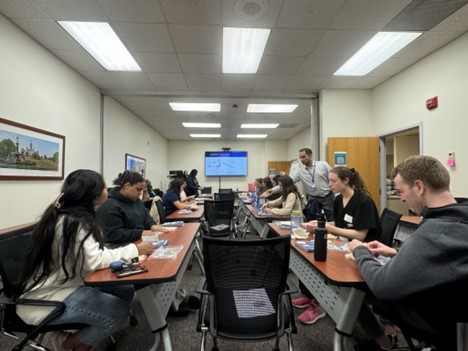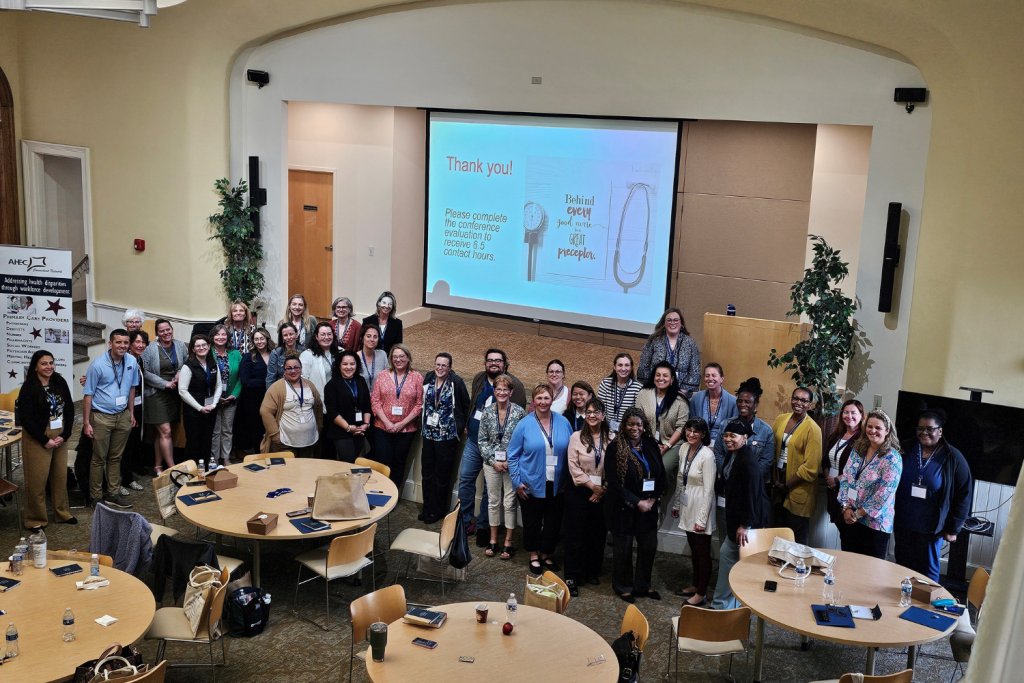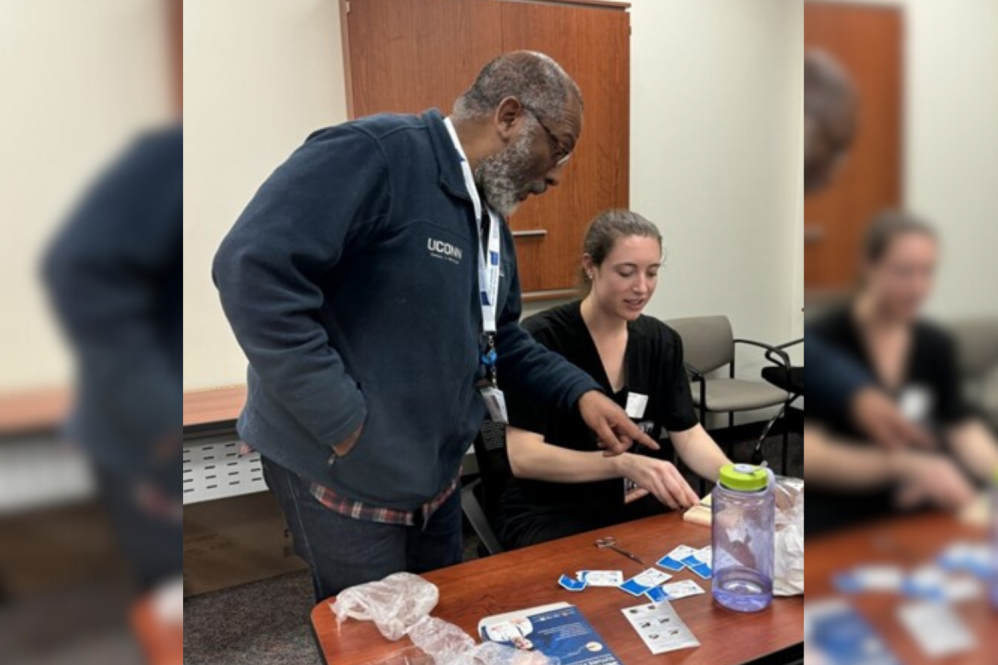“New laws, new paradigms, as well as new treatments, are a constant in the health care environment, and health care providers need not only ‘the headlines’ or the ‘updates’ but a thoughtful and expert synthesis to make the best of what is new,” says Dr. Anton Alerte, associate dean of Primary Care at UConn School of Medicine.

So where can health care professionals turn to get the training and information they need to keep up to date?
The Connecticut Area Health Education Center Network (CT AHEC Network), based at UConn Health in Farmington, is a federally funded program that extends the resources of the University of Connecticut, as well as other partner organizations, to the state’s health care and public health workforce at no cost.
The CT AHEC Network provides free continuing education training to more than 160 health care providers annually. “The mission of continuing education is a vital component of AHEC’s mission, giving frontline providers access to the information they need to manage the ever-evolving environment they work in day to day,” says Alerte. CT AHEC is celebrating 28 years in operation at the University of Connecticut’s School of Medicine.
“We know clinicians are busy and require flexibility in accessing continuing education sessions. Our CT AHEC Network utilizes a variety of platforms, from in-person to virtual to hybrid, to deliver high quality training by our amazing content experts,” says Petra Clark-Dufner, director, CT AHEC.
Training programs include in-person conferences, asynchronous on-line modules on CT AHEC’s Primary Care Career Advising and Mentoring (PCCAMP) site, hybrid sessions focused on screening and responding to suicide in collaboration with the Veteran’s Administration and the Community Health Center Association of CT, as well as offering targeted on-line synchronous educational offerings during UConn’s Primary Care Week.
In addition to the training programs for working health professionals, CT AHEC Network Training programs extend to high school, college, and health profession students. “These programs are vital to ensuring growth in the health care profession pipeline,” says Clark-Dufner. “The hands-on programs and activities in particular allow students to engage with other health care providers and the communities.”
Topics and platforms for training health profession students also take a variety of forms. They may include in-person skill development like the suturing workshop co-sponsored by CT AHEC and student organization Primary Care Progress, attendance at the New England Regional Conference, participation in on-line training with healthcare professionals in sessions like the Legislative Changes Impacting Lead Poisoning Interventions for Pediatric Populations CME session facilitated by Dr. Jennifer Haile of Connecticut Children’s. Julia Levin and Margaret Mirabella, both fourth-year students in the UConn schools of medicine and dental medicine, have done research with faculty from the Family Medicine Center at Asylum Hill, UConn School of Nursing and CT AHEC. Their findings were shared in this session and provided valuable insights into the extent of lead poisoning in an urban primary care setting.

“Being invited to speak in this continuing medical education session alongside experienced physicians, dentists, nurses and public policy professionals was incredibly affirming,” said Levin of UConn School of Medicine. “It allowed me to see how my research could inform real-world practice and strengthened my confidence in contributing to interprofessional conversations about pediatric health equity. This experience reinforced how meaningful this aspect of my training has been—not just academically, but in preparing me to advocate for vulnerable populations as a future clinician.”
CT AHEC’s role in promoting and supporting Connecticut’s health care workforce is one piece of the organization’s mission to address health disparities through educational workforce development.



